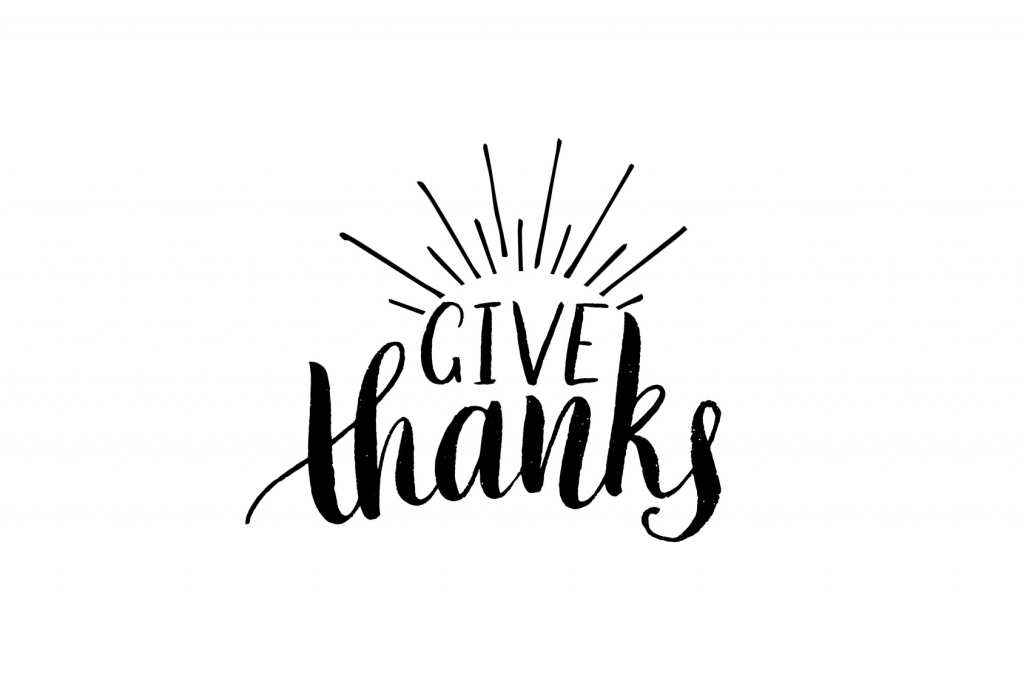Nurses
CategoryThis Year, Nurses Are Thankful For…
We asked, “What has your career in nursing made you most thankful for?” Here are our top ten favorite answers to that question.
7 Common Injuries Nurses See on Thanksgiving Day
In honor of Thanksgiving, we’ve listed the seven most common injuries that occur on and around Turkey Day.
These Shoes Just Might Save Your Aching Feet—and a Life
Nike has designed a shoe with you in mind—the Nike Air Zoom Pulse—and they’ll be donating profits from it to a children’s hospital in Oregon.
Can Nurses Fix the U.S. Healthcare System? Americans Seem to Think So.
Nurses are most trusted by Americans to fix the country’s healthcare system, according to the results of a new survey on health reform.
Viral Photo of Exhausted Nurse Rallies Praise for Profession
A photo posted to Facebook of an RN, clad in blue scrubs and crying her eyes out, has awakened scores of praise for nurses and all they do.
Is The Nurse’s Glass Half Full?
Can the power of positivity really help nurses, when there is still so much wrong in both the world of nursing and healthcare as a whole?
Combat Burnout and Stress with Yoga for Nurses
Yoga has been proven to be a stress reliever for those who practice it, and nurses are some of the most stressed out employees around. Give it a try.
Top 3 States with the Most Nursing Jobs
371,500 RN jobs are expected to be added in the U.S. in the next 10 years, so it’s safe to say nursing is booming. Where are the most jobs right now?
How Has Nursing “Broken” You?
During your career, you will see a lot of horrific things that will turn into cautionary tales. Nurses took to Twitter this week to discuss theirs.
Elevate Your Nursing Job Interview Skills
Job interviews for nurses can be quite tricky, and a source of anxiety for a lot of nurses. Learn how to own your greatness and ace your next interview.






